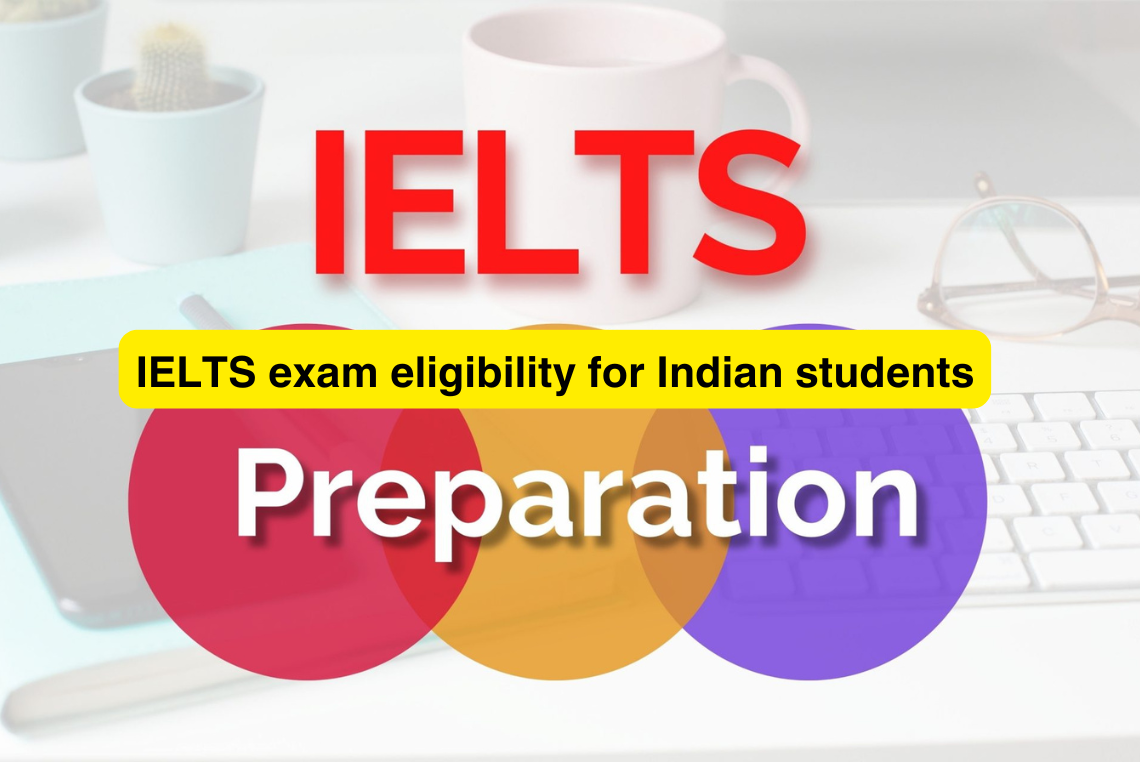- +91 22 23526372
- kgc@karangupta.com

IELTS (International English Language Testing System) is an English language proficiency test for non-native English speakers. For Indian students seeking to study, work, or migrate to English-speaking countries, IELTS serves as a crucial gateway. The exam assesses four key language skills: listening, reading, writing, and speaking. In terms of eligibility, there are no strict prerequisites for Indian students to take the IELTS exam. Anyone, regardless of age, gender, or educational background, can register for the test. However, it is generally recommended that candidates have at least a basic command of English before attempting the exam. The IELTS score is typically valid for two years and is accepted by numerous institutions worldwide, making it an essential tool for Indian students looking to pursue international opportunities.
To be eligible for the IELTS exam, candidates generally need to be at least 16 years old and must possess a valid passport or government-issued identification. The test is open to anyone, regardless of nationality or educational background, who wishes to study, work, or migrate to English-speaking countries. There are no specific academic prerequisites, but candidates must have a good command of English. The IELTS exam is often required by universities, immigration authorities, and professional organizations as proof of English language proficiency.
The educational eligibility for IELTS refers to the minimum educational requirements a candidate must meet to take the test. Generally, IELTS does not have strict educational prerequisites, making it accessible to a wide range of individuals. While there is no specific degree or qualification required, candidates are typically expected to have a level of English proficiency equivalent to at least a secondary education. This means that most people who have completed high school or its equivalent should be able to attempt the IELTS exam. However, it's important to note that having a higher level of education can be beneficial in achieving a better score, especially in the reading and writing sections, which often require more advanced language skills and general knowledge.
The table below outlines the minimum IELTS band requirements for various countries:
|
Country |
Minimum IELTS Band Requirements |
|
UK |
Overall score of 6.0, with no individual module below 5.5 |
|
USA |
Overall score of 6.5, with a minimum of 6.0 in each module |
|
Canada |
Overall score of 6.5, with a minimum of 6.0 in each module |
|
Australia |
Overall score of 6.5, with a minimum of 6.0 in each module |
|
New Zealand |
Overall score of 6.5, with a minimum of 6.0 in each module |
It is a key prerequisite for enrolling in international courses.
Globally acknowledged, it enhances your English language proficiency.
It serves as a tool to evaluate your English language skills effectively.
Here are the key advantages of taking the IELTS (International English Language Testing System):
Global Recognition: IELTS is accepted by over 10,000 institutions worldwide, including universities, employers, and immigration bodies in countries like the UK, USA, Canada, Australia, and New Zealand.
Versatility: The test is available in two formats – Academic and General Training – making it suitable for those pursuing education, work, or migration.
Improves English Skills: Preparing for IELTS helps enhance your overall proficiency in English, covering speaking, writing, reading, and listening skills.
Objective Assessment: The test provides a fair and accurate assessment of your language abilities with its standardised grading system.
Boosts Job Opportunities: Achieving a high IELTS score can improve employment prospects, especially in multinational companies and international job markets.
Supports Immigration: Many countries use IELTS scores as part of the immigration process to assess language competency for permanent residency or work visas.
Provides Confidence: Successfully passing the IELTS boosts your confidence in communicating in English in academic and professional settings.
Flexible Test Dates: IELTS offers frequent test dates throughout the year, allowing candidates to schedule the exam at their convenience.
Opens Doors for Scholarships: High IELTS scores may also qualify you for scholarships and funding opportunities for higher education.
Comprehensive Test Format: It tests all four language skills (listening, reading, writing, and speaking), ensuring that your English abilities are thoroughly evaluated.
These advantages make IELTS a valuable tool for anyone looking to study, work, or settle abroad in an English-speaking environment.
Special arrangements are available for individuals who fall under the following categories:
Those who face challenges in learning
Individuals with hearing impairments
People with visual disabilities
Those with significant medical conditions or health issues
If candidates inform the relevant authorities at least three months before the exam, they may qualify for specific accommodations at the exam centre, pending approval from the authorities. It is also important to note that there are no specific IELTS eligibility criteria set by organisations like the British Council or IDP. However, a fundamental grasp of the English language is essential for applicants wishing to study abroad, as most academic programs are taught in English.
